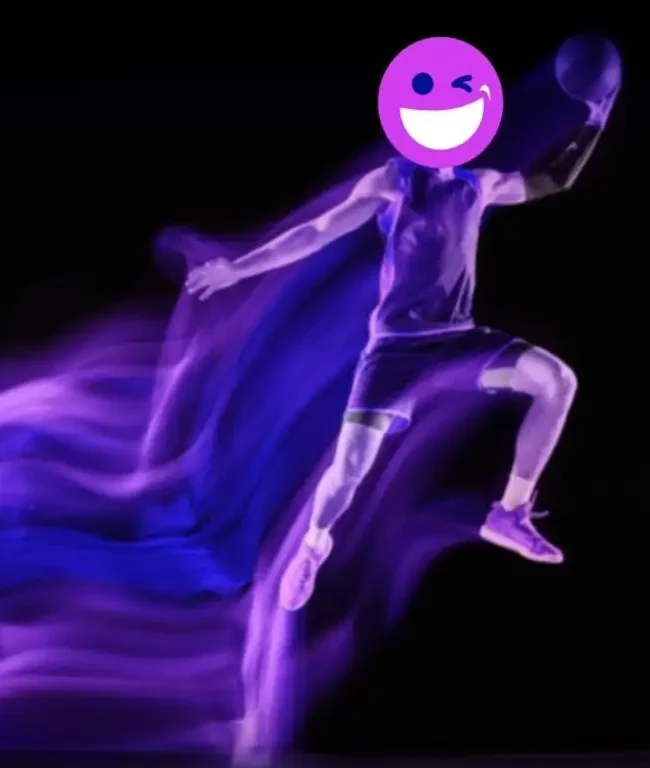
(pexels.com)
The world of competitive video games is a fast-growing international phenomenon with millions of fans and is backed by billions of dollars in funding. The thrill of live events through accessible streaming platforms has turned casual gamers into serious players. Gamers can earn seven figures in prize money.
So, What Is An eSport?
eSports defines the new world of competitive online games. Players from different leagues and teams compete in the same game that is popular with home players.
Some examples – Fortnite, League of Legends, CounterStrike, Call of Duty, Overwatch, Valorant, etc. These players are watched and followed by millions of fans around the world who attend live events and watch on TV and online.
Using a streaming platform, viewers can watch the games in real-time. Like other sports, players of eSports have their fans.
What are some of the biggest e-sports titles?
1. Dota 2
2. Counter-Strike: Global offensive
3. Fortnite
4. League of Legends
5. Starcraft II
Is eSport An Actual Sport?

Is eSport a real sport?
The technical definition of a sport is an activity involving physical exertion and skill in which an individual or team competes against another or others for entertainment.
By this definition, eSports is a sport.
The level of exercise required to play an eSport is not the same as football, tennis, or basketball. However, there is the element of competition with a streak of entertainment. Esports fill arenas around the world.
Some critics say that eSports does not have the same level of physicality that a demanding sport does – playing ‘League of Legends doesn’t make the player sweat the way tennis does.
As the debate continues, a lot of countries have started recognizing eSports as actual sports. For example, Russia considers cybersports as sports. Commonwealth Games will now have eSport titles as official competing titles which will turn into a medal event. The IOC is also considering adding eSport to the Olympics in some form or other.
Sport or not, eSports will continue to grow and attract mainstream attention as time passes.
Size Of The Industry And Trends
The eSport market was valued at USD 1.2 billion in 2020 and is expected to reach USD 2.2 billion by 2023, at a growth rate of 18.61% between 2020 and 2023. The market is expected to grow because of various driving factors, such as the increasing popularity of online games and growing awareness about this.
With the largest market size and the highest estimated CAGR for the forecast period, APAC dominated the global eSports market; the region accounted for nearly one-third of the overall market in 2017.
The increasing number of esports competitions in the region has contributed to the growth of this industry. Asia has always been an appealing market for the gaming industry, owing to the relative ease of entry compared to other markets.
Furthermore, a growing number of spectators, sponsors, and brands from Western countries are investing in this region’s market.

Global eSports Market
Let’s look at the current trends in the industry:
- As eSport companies continue to diversify revenue streams, blockchain will become more prominent in esports.
- Mobile eSport will continue to grow as leading mobile publishers battle for dominance.
- Co-streaming will gain popularity for brands and provide marketing opportunities, even for those outside gaming and eSports.
- The lines between electronic sports and traditional sports will continue to blur – resulting in a high acceptance of online sports by industry bodies.
Who Is The Audience For eSports?
More than 6 out of 10 Internet users who watch eSports are between the ages of 16 and 35. The average age of a traditional sports fan is around 50; he’s 26 years old for e-sports. The fans largely constitute of a male audience (more than 85%), although female audiences are also growing.
The younger demographic is a huge attraction to brands as it is accessible through digital means. The audience doesn’t limit itself to watching an eSport, a large part also watches traditional sports which provides companies with an opportunity to engage with the same audience to market their products and services.
The audience and the participants who compete fall under similar demographics as well as Psychographic and behavioral profiles. Every viewer aspires to be like his or her favorite eSports competitor. The bond that the audience develops with the participants who compete is unlike no other and therefore is unique to the esports industry.

The audience for electronic sports,Infront Sports & Media
Marketing and eSports
Why should marketers market their brands through electronic sports?
- Record-breaking viewership, and growing
- High audience engagement
- More economical than traditional sports
- Instant feedback and audience engagement
What Are The Marketing Possibilities For eSports?
- Brands can advertise their product or service directly in the game itself. While a particular match is going on, brands can place ads in the virtual arena itself or on a carousel during the stream.
- Companies can sponsor entire events to increase their brand image and to also potentially uplift sales. Sponsoring an eSport event is relatively more economical than sponsoring a traditional sports event, it is also highly efficient as the eSport audience is more accessible and engages with Ads.
- Sponsoring an expert team is also a way to market your brand. Brands such as Subway, BMW etc. sponsor many teams so that when that team comes out to compete everyone sees the logo on the players’ shirts.
- Creating individual marketing campaigns with famous eSport athletes is another possibility for marketing one’s brand. These athletes have a cult-like following and their audience is highly influenced by their actions.
Where Do The Brands Fit In?
Let’s take India as an example.
Yuvin eSports, one of India’s premier eSporting companies tied up with TATA for their annual eSport competition called the Yuvin Cup. TATA and Yuvin together developed a whole campaign around the TATA Tiago car. They positioned the car as an ideal vehicle for an eSport athlete or a viewer.
Oppo has partnered up with League of Legends to sponsor their Worlds event which is one of the biggest events in eSports. Oppo promoted its mobile products through the event as RiotGamess, the parent company of League of Legends looks to enter the world of mobile gaming with League of Legends: WildRiftt. We will witness the participation of brands in this industry shortly.
Final Words On The World Of eSports
In conclusion, the world of competitive video games, known as electronic sports, has experienced explosive growth, with millions of passionate fans and significant financial investments.
Players compete in popular games such as Fortnite, League of Legends, and Counter-Strike: Global Offensive, while millions of fans around the world watch live events on TV and online.
While there may be debates about whether electronic sports should be classified as traditional sport, it undeniably meets the criteria of competition, skill, and entertainment, attracting attention from countries and even prestigious events like the Commonwealth Games and the Olympics.
As the industry continues to evolve, trends such as blockchain integration, the growth of mobile electronic sports, co-streaming, and the convergence of electronic and traditional sports will shape its future.
With record-breaking viewership, high audience engagement, and cost-effective marketing opportunities, electronic sports present a dynamic and fertile ground for brands to connect with their target consumers in innovative ways.
It’s an exciting time for electronic sports, and brands that embrace this rapidly expanding industry can make a lasting impact and tap into its immense potential.



